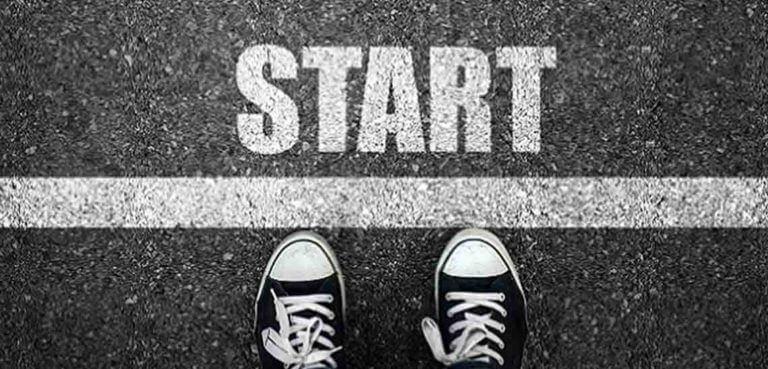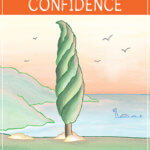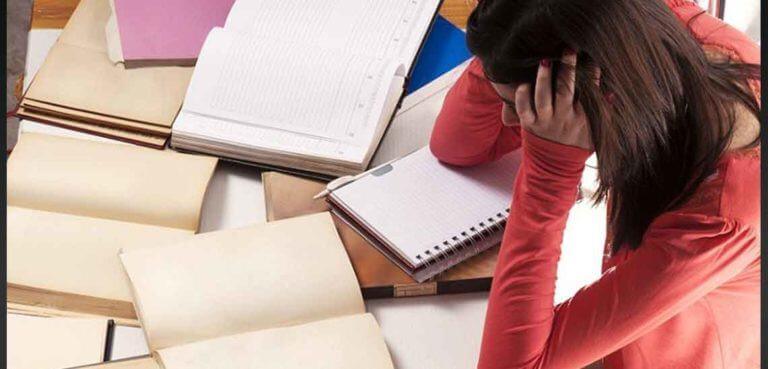
How to Read a Book Conference Handout
Note: This is a conference handout from a workshop. Audio for this workshop is currently unavailable.
(With Apologies to Mortimer Adler)
Susan Wise Bauer
Do not reproduce without permission. Please give appropriate credit for quotes and ideas.
All civilization comes through literature now, especially in our country. A Greek got his civilization by talking and looking, and in some measure a Parisian may still do it. But we, who live remote from history and monuments, we must read or we must barbarise.
Thomas Dean Howells, The Rise of Silas Lapham
If you are fortunate, you encounter a particular teacher who can help, yet finally you are alone, going on without further mediation.
Harold Bloom, How to Read and Why
GRAMMAR-STAGE READING. What does the author say?
1. Read the title page, back cover, and table of contents (for both).
2. Just keep reading.
For a novel:
Keep a list of characters as you read
Briefly note the main event in each chapter
For a history:
List the major events of the history
Look for a stated pupose.
3. Write in your books with a pencil. (Defacement is good.) Mark difficult or obscure sections.
For a novel:
Make initial notes on passages that seize your imagination.
For a history:
Mark central dates and people.
4. Jot down questions, but don’t take detailed notes. Look for answers to these questions:
For a novel:
Who is the central character?
What is the book’s most important event?
For a history:
Who is this story about?
What challenge does this hero/heroine face? What is the problem
or question?
LOGIC-STAGE READING. Why and how does the author say what she says?
1. Make an outline (possibly in a reading journal) of exactly what the writer is saying
For a novel:
What does the central character want?
What is standing in his way?
What strategy does he pursue to overcome this block?
Who is telling you this story?
First person: I
Second person: You
Third person (limited, multiple, objective)
Omniscient
For a history:
What causes the challenge/problem/question?
What happens to the hero/heroine?
Do the characters go forward or backward?
2. Find the writer’s intention. What did he or she set out to do in this book? Lay out facts, convince you of the truth in a set of deductions, give you an emotional experience?
For a novel:
Is this novel a “fable” (allegory or speculation), “chronicle” (physical or
psychological?) or a mix?
For a history:
Look for the historian’s major assertions.
3. Evaluate the writer’s success. Did he successfully carry out his intention? If not, why? Where did he fall short: are his facts unproven, his proofs inadequate, or his emotional scenes flat?
For a novel:
What images and metaphors are repeated? Do they work?
How does the book begin? Does this reflect the main theme?
How does the book end–with resolution or logical exhaustion? Why?
For a history:
What sources does the historian use to answer his questions?
Does the evidence support the connection between questions and
answers?
Because of [historical factor], the [historical character acted in a certain way].
Since [historical factor], the [historical character acted in a certain way].
Therefore…[you’ll find a historical factor before this word, and an explanation
afterwards]
It is clear, then….
It follows, then…
It is hardly surprising that…
As a result…
Look out for…
Substituting a question for a statement
Drawing a false analogy
Argument by example
Incorrect sampling
Failure to define terms
Post hoc, ergo propter hoc
RHETORIC-STAGE READING: So what?
What does this writer want me to do?
What does this writer want me to believe?
What does this writer want me to experience?
Am I convinced that I must do, or believe, or experience, what the writer wants
me to do or believe or experience?
For a novel:
Do you sympathize with the characters? Which ones, and why?
Is there an argument contained in the fate of the characters?
For a history:
What does it mean to be human?
What place does free will have?
Why do things go wrong?
Go back to Workshop Handouts








